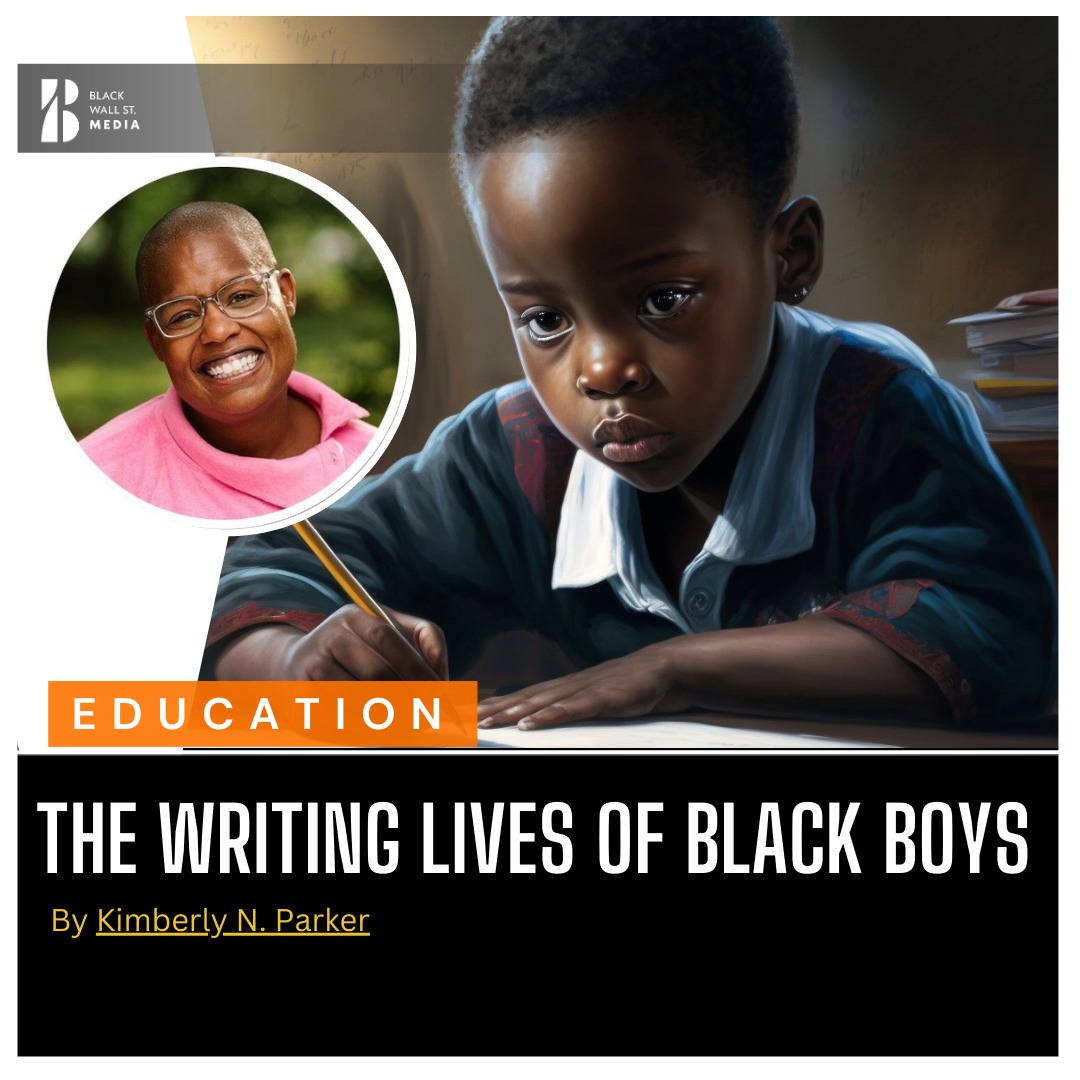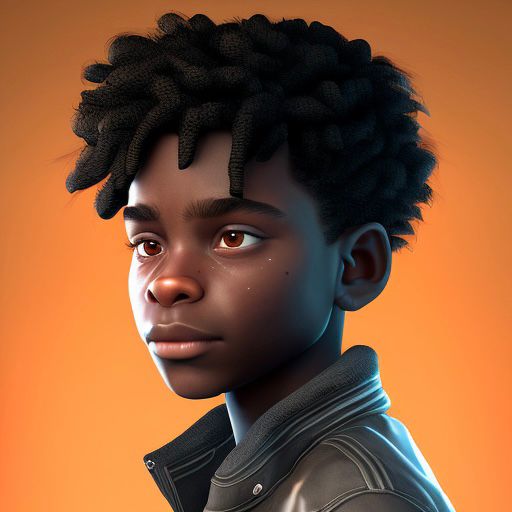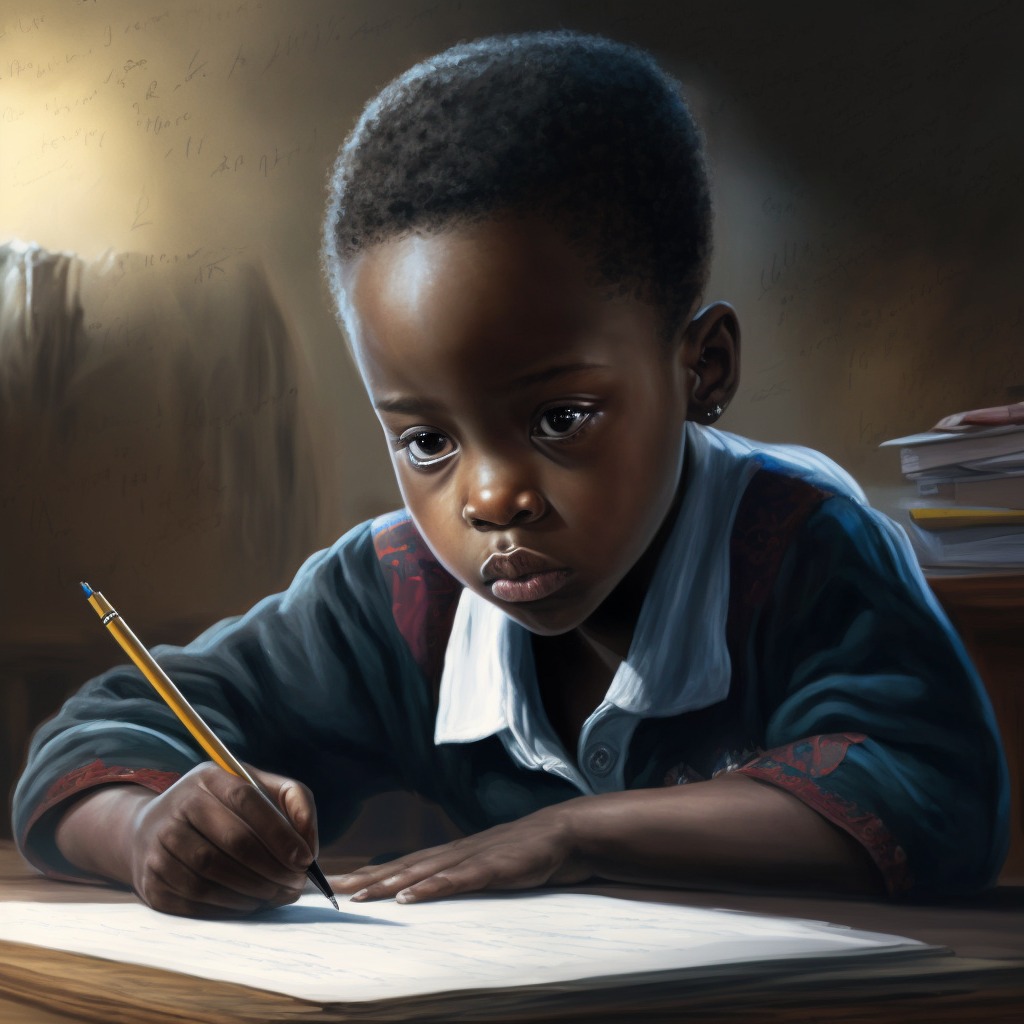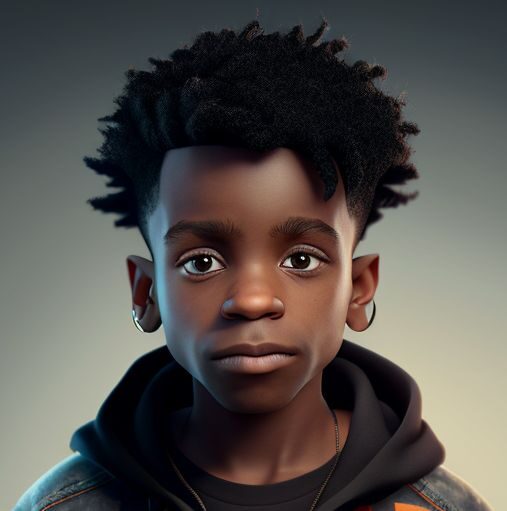By Kimberly N. Parker
Black boys need to know their voices and ideas matter.
It didn’t take long last year for my 8-year-old son to tell me how his 2nd-grade writing curriculum was going.
This effort has helped me think about how, if we want Black boys and other children of color to envision and enact powerful writing lives, we have to move beyond limiting understandings of teaching writing.
A Year of Missed Writing Opportunities

 Black boys have so much to say. When we limit their output to narrow definitions, we deny them the power of their words.
Black boys have so much to say. When we limit their output to narrow definitions, we deny them the power of their words.

Supporting Young Black Students as Intellectuals
In school settings, writing is often perceived and enacted as a gatekeeping device, which contributes to achievement gaps. … This happens when writing instruction and assessments focus on the writing—the products that are ultimately assessed and evaluated—rather than on [the process] and the writers themselves.
It is not enough to have Black boys write. It is important that excellent writing becomes part of their academic and intellectual signatures. Their writing should also lead them to ask their own questions as a foundation to focusing on the life of the mind and planning personal or social agendas.

Literacy Is Liberation
When teachers put culturally relevant pedagogies into action, the literacy classroom can become a space for learners to explore diverse texts, collaboratively dismantle inequities, and let their spoken and written voices be heard.







